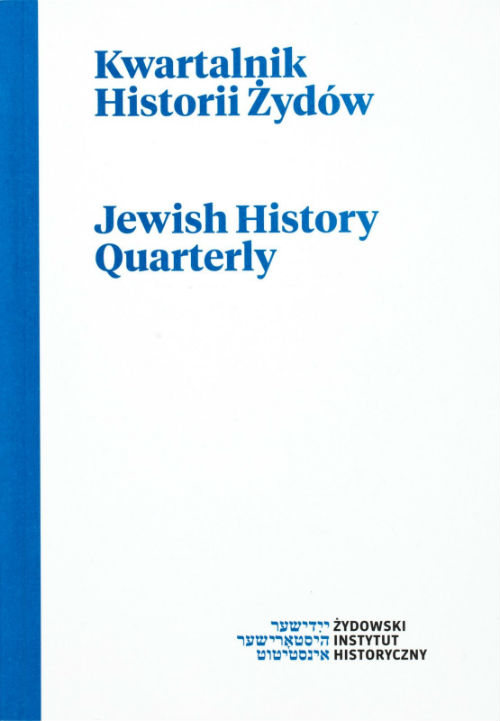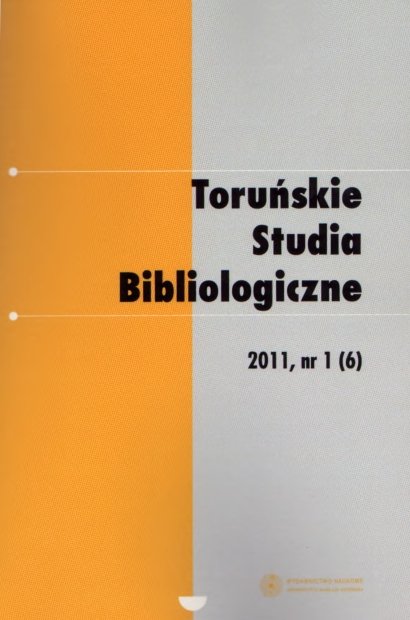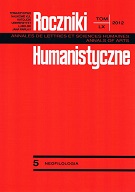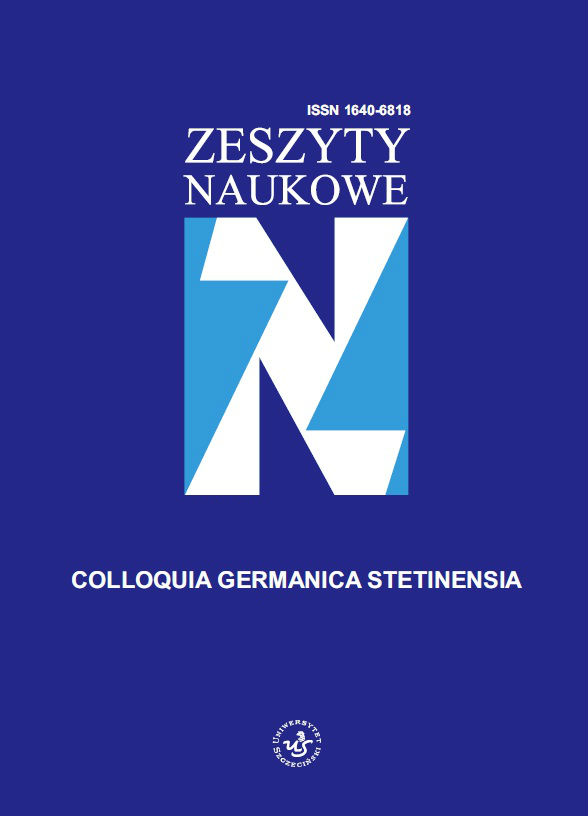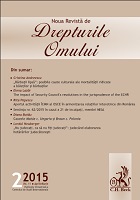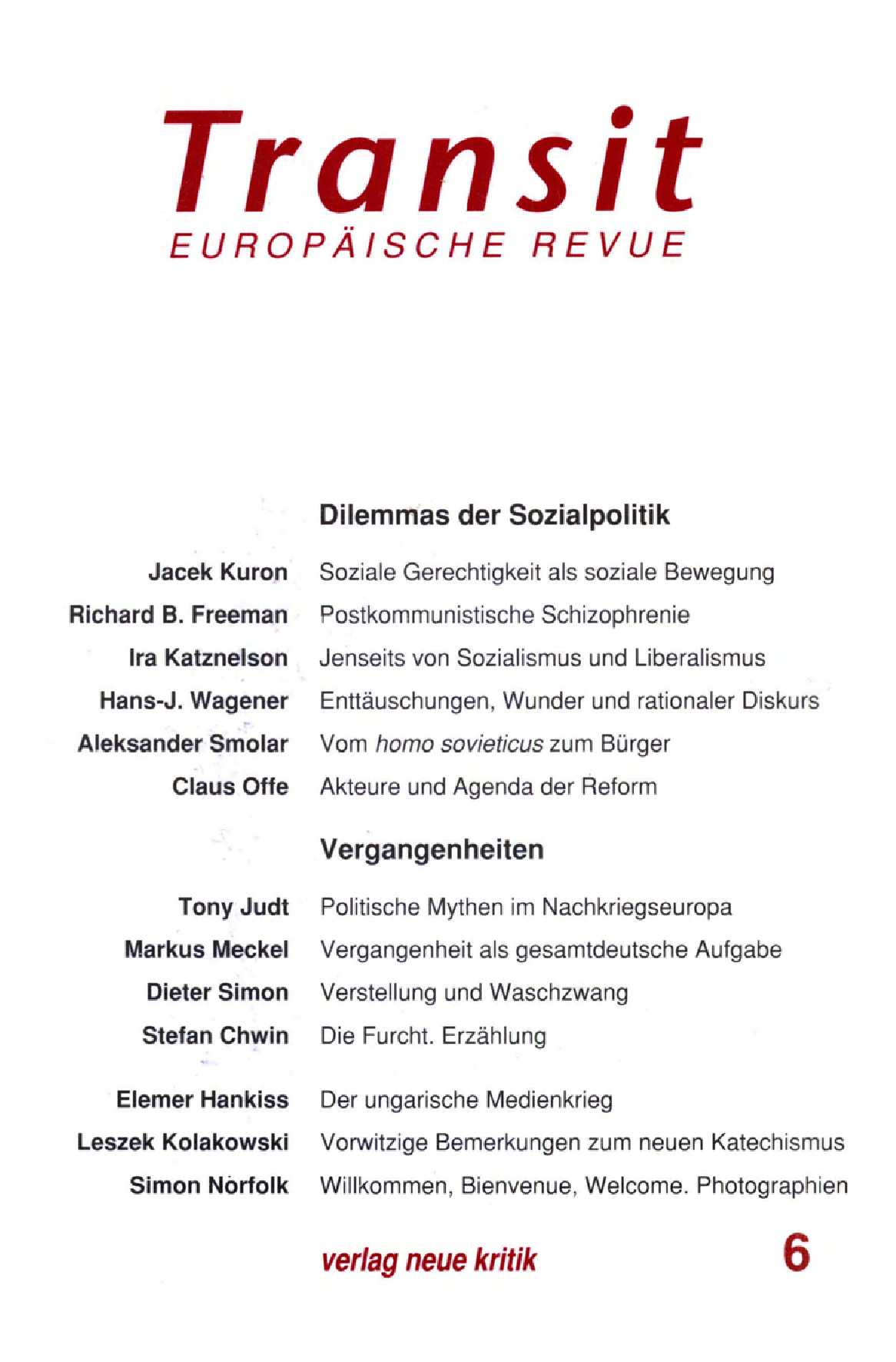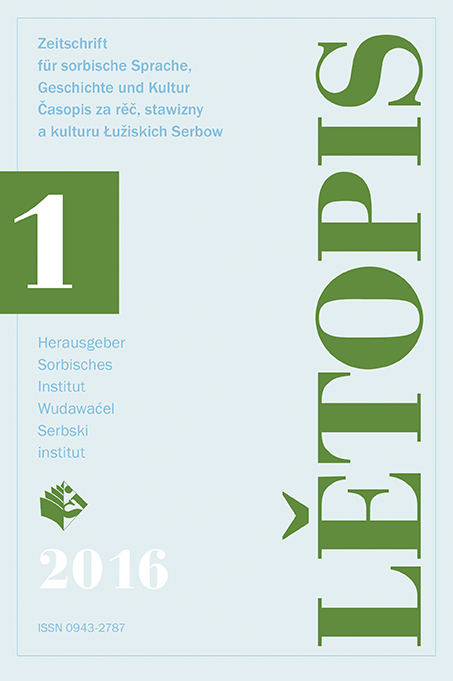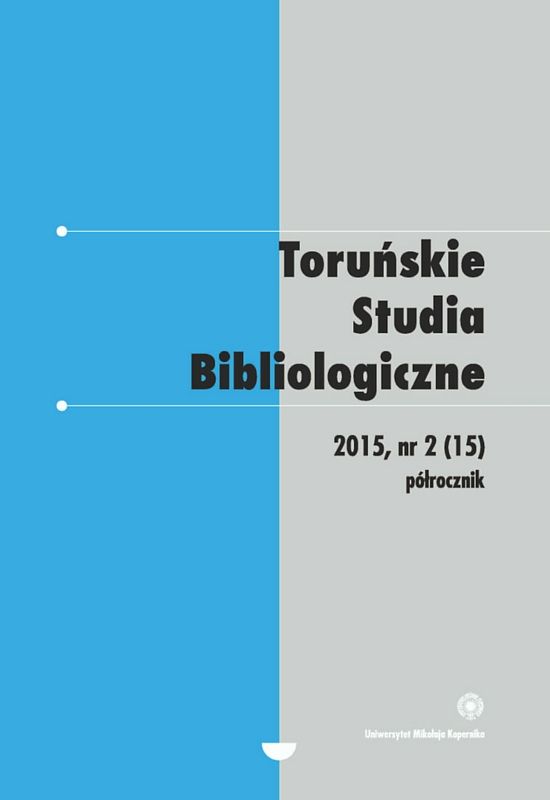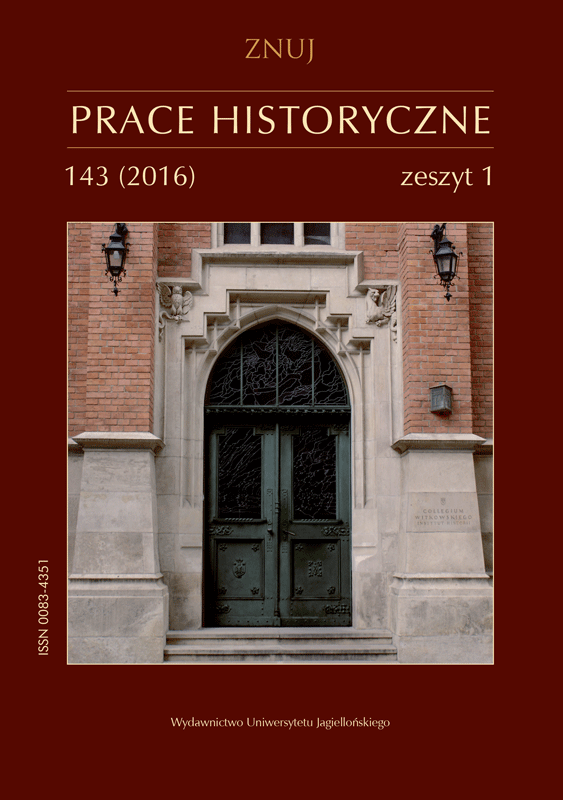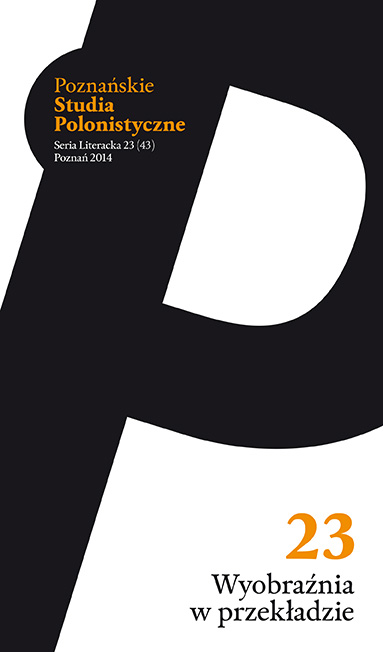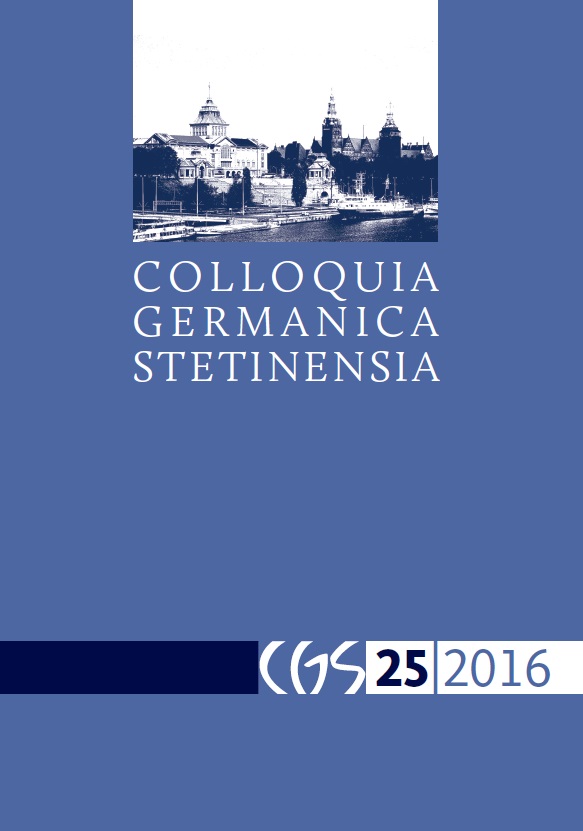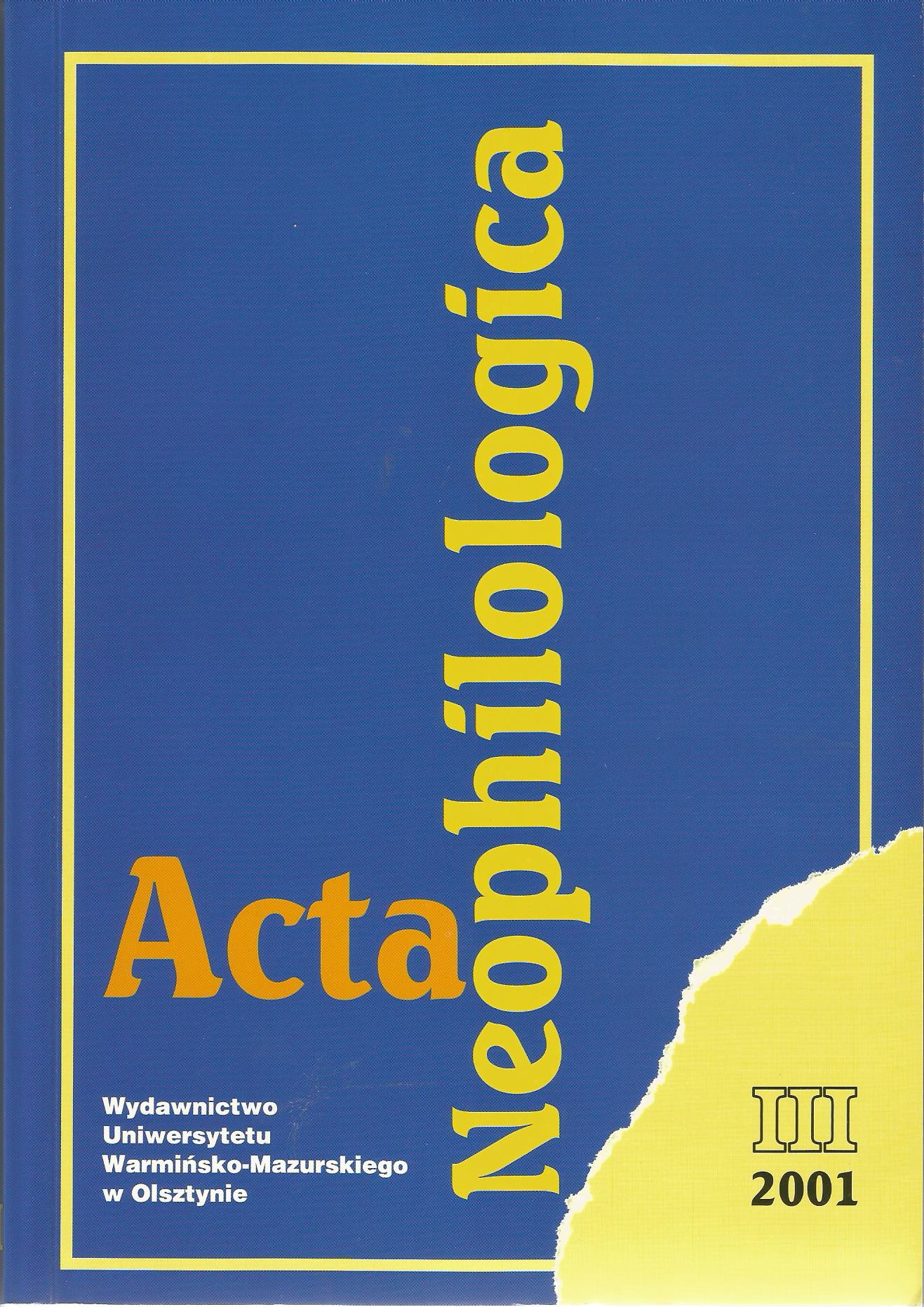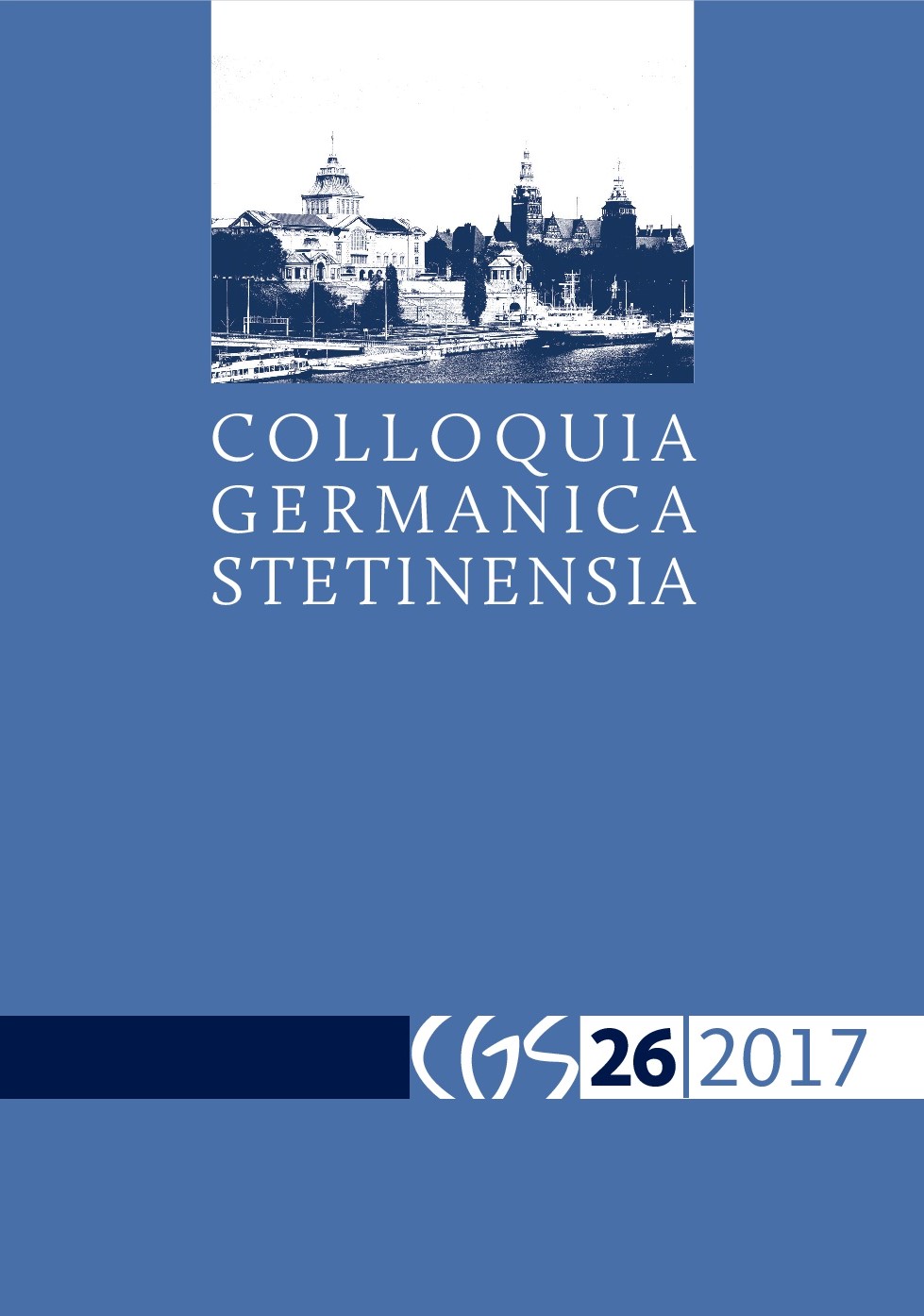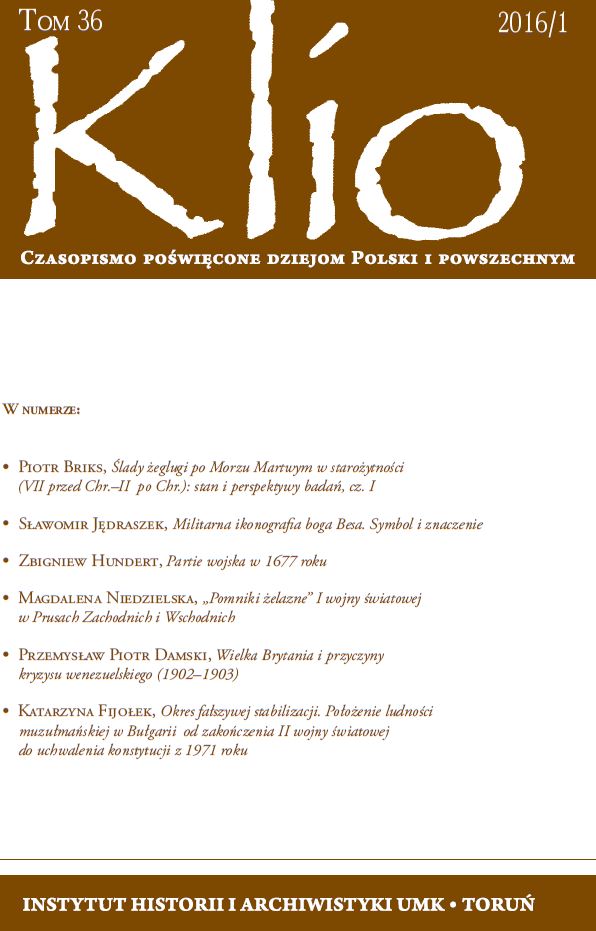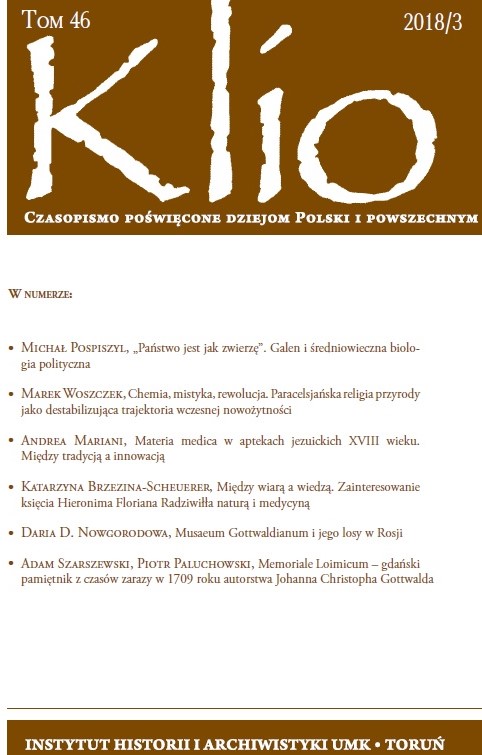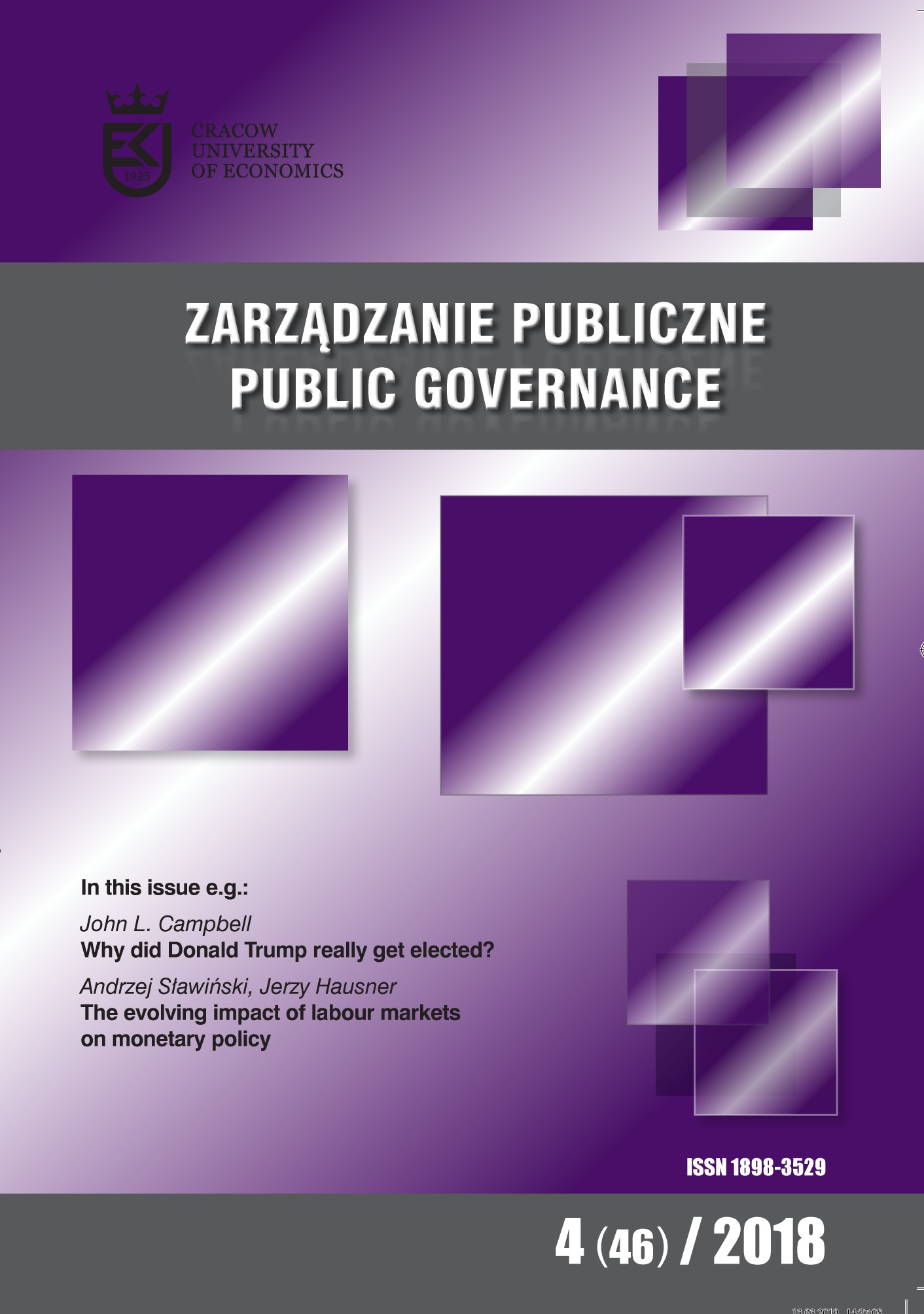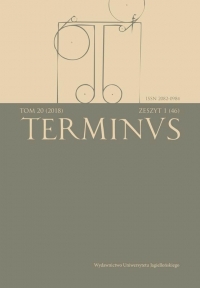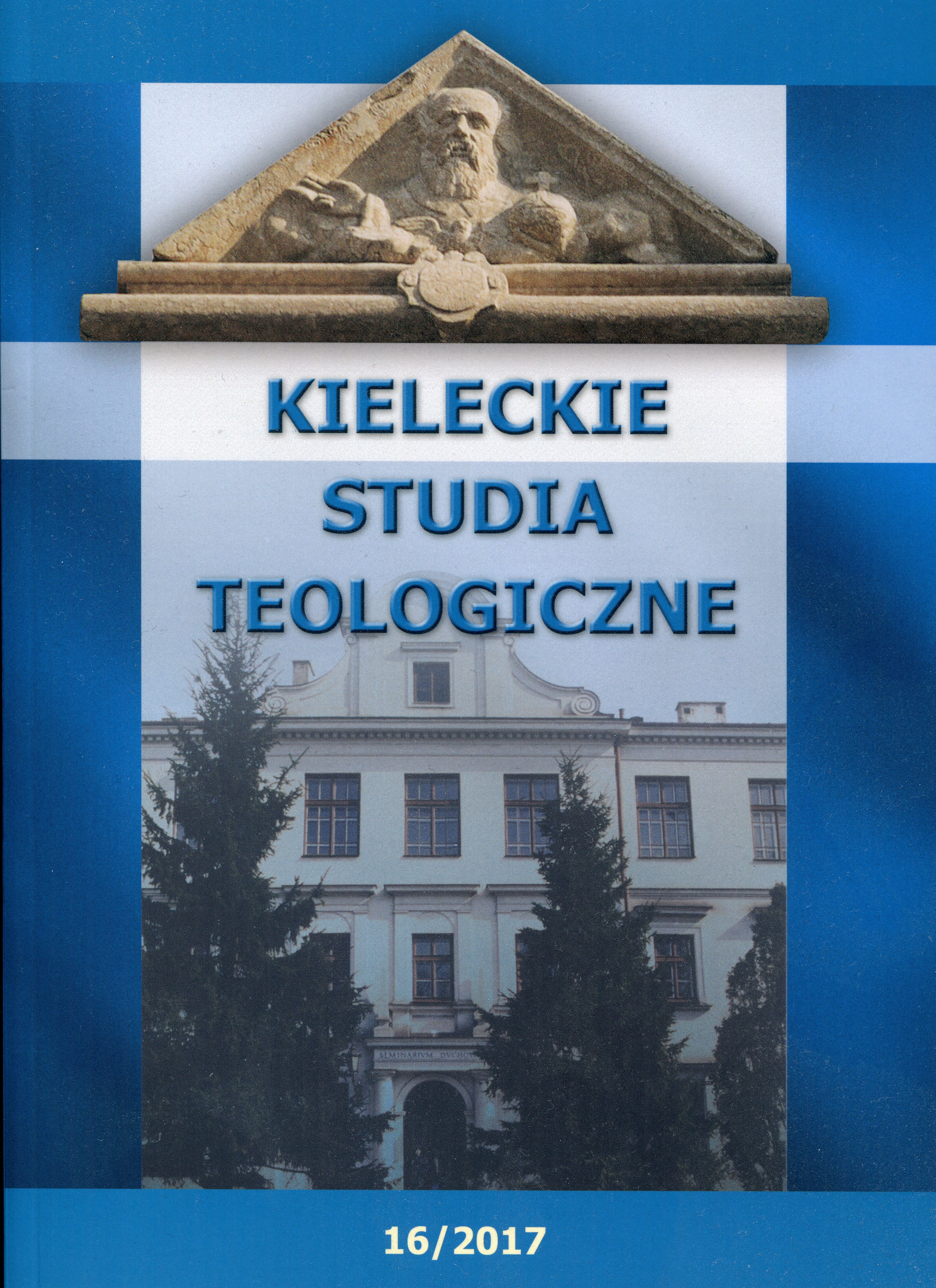„Nu judecaţi, ca să nu fiţi judecaţi”: judecând elaborarea hotărârilor judecătoreşti
Author(s): David Lord Neuberger / Language(s):
/ Issue: 2/2015
Keywords: Lord Neuberger; Supreme Court of the United Kingdom; January 29 2015; How Judges think; Judicial cognitive bias; Apparent bias; Judges as lawmakers
Lord Neuberger - Supreme Court of the United Kingdom - January 29, 2015
How Judges think
Judicial cognitive bias
Apparent bias
Judges as lawmakers
"In one of his many elegant and clever couplets, Alexander Pope identified the human aspect of judgement: “’Tis with our Judgments as our Watches, none Go just alike, yet each believes his own”. Every Judge, almost by definition, “believes his own”, at least when he gives his judgment. That does not mean that Judges do not have doubts while reaching their decisions. Inevitably, the level of doubt will vary with individual temperament. That is well illustrated by an email I received from a colleague (whom I shall not identify) after we had exchanged draft judgments, which came to the same conclusion, on an appeal. My colleague wrote “[My judgment is] an intensive review while yours is an anxious one. (I don’t really do anxiety-it is one of my many failings)”.
A somewhat similar difference of epistemological approach can be detected in the Judges’ approach to their decisions. The French jurist Saleilles wrote: “one wills at the beginning the result; one find the principle afterwards; such is the genesis of all juridical construction” an “I call it as I see it ” approach. By contrast, his fellow countryman Montesquieu pictures judicial automatons, on the basis that “judges ... are only the mouths that pronounce the words of the law, inanimate beings, who can moderate neither its force nor its rigor” a “call it as it is” approach. In my experience, judicial decision - making is ultimately an iterative process, which involves a combination of both approaches, although the proportions may vary from case to case. And, it must be admitted, from Judge to Judge - some of us are more Salleillists and others more Montesquian.
The revolutionary effect of the 1998 Act is, in summary terms, threefold. First, Judges are now
called upon more frequently to rule on moral and political issues, given that is what human rights involve. This means that we have to engage on a review of the merits of any decision or action which impinges on an individual’s fundamental rights. Before the 1998 The effect of the Human Rights Act revolutionary in 1998: First, judges are now called upon to rule on issues far more moral and political, since it involves human rights. Which means you should perform a control substance of any decisions or actions that affect the fundamental rights of individuals.
Judges currently have to shoulder the dual task of acting within their constitutional role while also policing the boundaries of what that role is. This is an unavoidable consequence of our current constitutional position. I have referred more than once this evening to the recent increase in judicial powers. With that increase in judicial power comes not merely an increase in Judicial responsibility, but an increase in the need for judicial self - awareness and self - restraint."
More...
